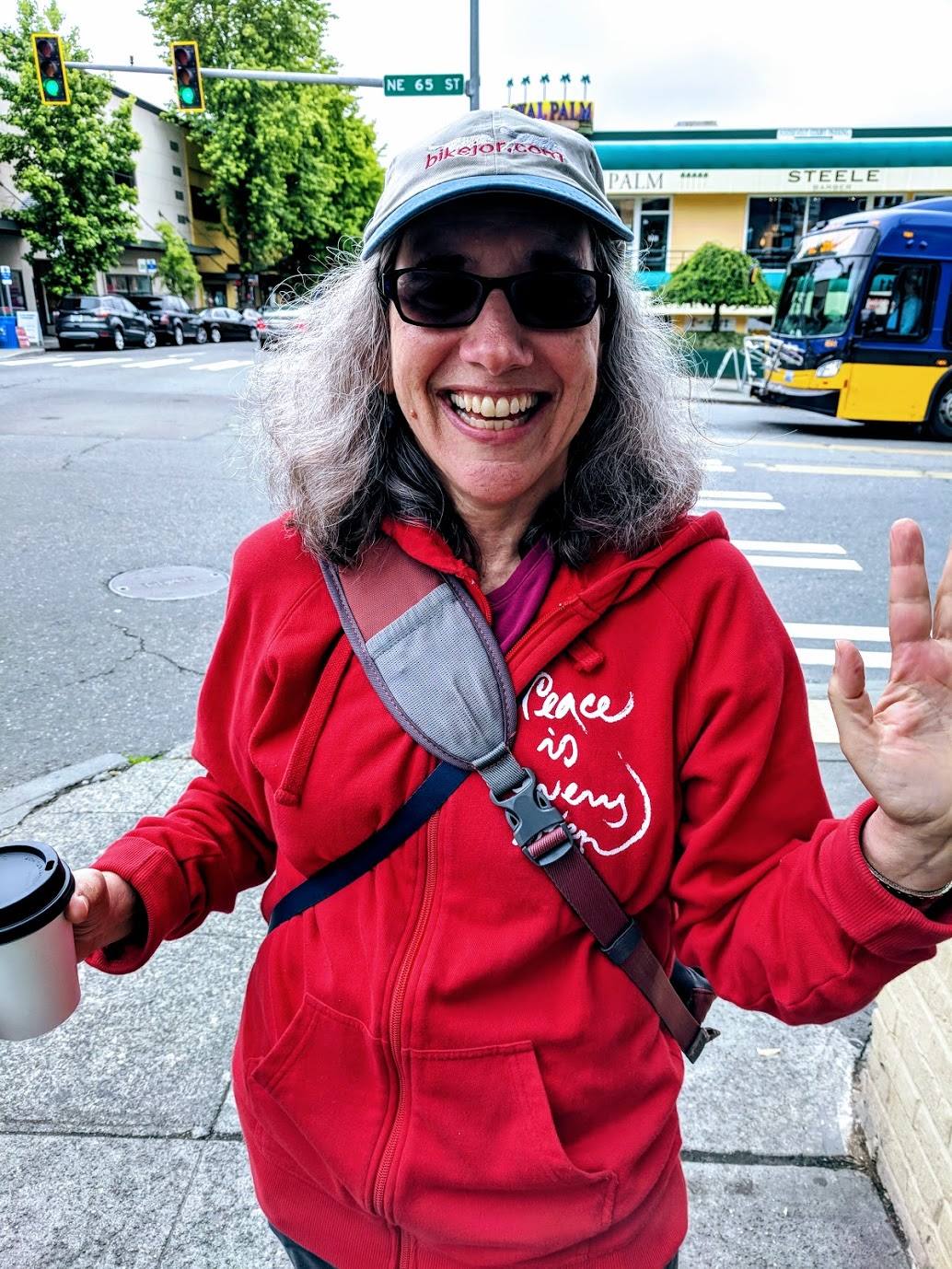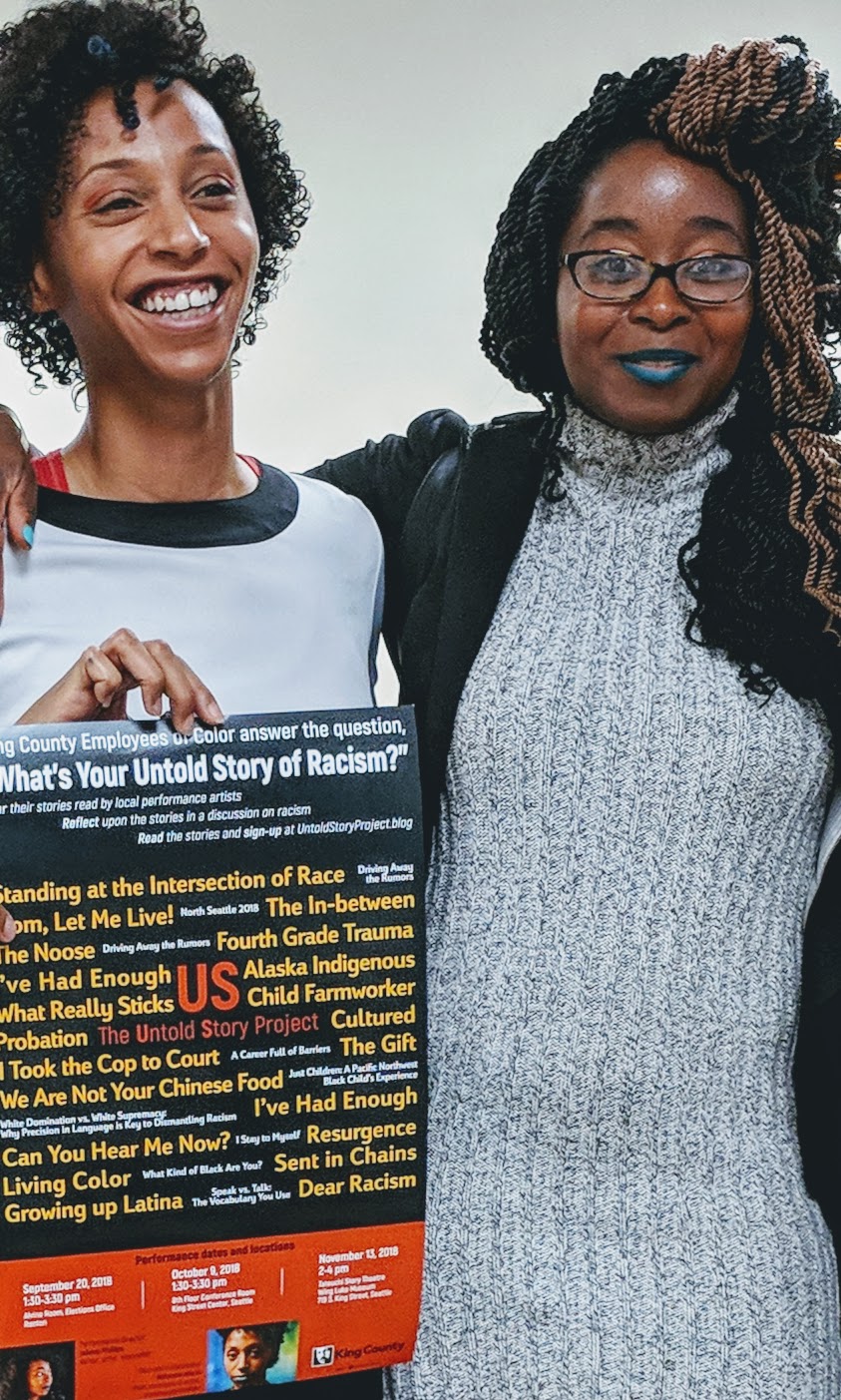Letting Go

A week after my official retirement date of January 1, I emailed my former colleagues at work. I had been scrupulous about tying up loose ends on my projects before departing in late December, but there was one thing I thought had yet to be resolved for a particular project.
My email sparked a string of responses from various members of the team, not to mention a bit of confusion. What finally emerged was that the issue had been handled. I felt a little silly. Of course, it had been handled. They’re professionals. I’m not indispensable. They didn’t need me to remind them of this last detail.
I had inserted myself into something that I was no longer a part of. I was retired. I had to let it – the Equity and Social Justice Literary Project – go.
I had been fine with letting go of my other projects, rightly reasoning that the person to assume them would have his own perspective and leave his own imprint on them. And even though the ESJ Literary Project was also in good hands, separating myself from it was harder than I realized. I had been so deeply involved and committed to it, not just for the rewards of the project outcomes, but also for the struggle in making them happen.
 I was in on the project from the beginning, thanks to my former colleague Debra Ross, whose Buddhist beliefs sustain her activism inside the bureaucracy of local government. We began as a team of four, designing a project that used poetry as a basis for examining issues of race and racism. We invited poets of color from the community to share their work and participate in facilitated discussions on the role of art in addressing racism.
I was in on the project from the beginning, thanks to my former colleague Debra Ross, whose Buddhist beliefs sustain her activism inside the bureaucracy of local government. We began as a team of four, designing a project that used poetry as a basis for examining issues of race and racism. We invited poets of color from the community to share their work and participate in facilitated discussions on the role of art in addressing racism.
At the end of a successful first year, our team expanded with new members eager to participate in an innovative project that challenged our white coworkers to think more deeply about racism, its roots in our culture and institutions, and its effects on people of color.
Of course, whenever the words racism, white privilege, and white supremacy are used, they vex delicate ears, unsettle tummies, twist the frontal lobe in knots. They make people uncomfortable. Which is what they should do.
One of our projects was canceled over objections to the content of a performance by a well-known local poet. Incensed, I banged out several memos ablaze with protest and rather dramatically, though sincerely, announced my intention to leave the project. I didn’t leave. I couldn’t leave. The project meant too much to me.
 The team regrouped and embarked on a project modeled after The Vulnerability Collective created by a UW student. We adapted the idea for our workplace, called it the Untold Story Project, and invited King County employees to submit a story of racism they’d experienced. Over two dozen employees, including me, offered up a story.
The team regrouped and embarked on a project modeled after The Vulnerability Collective created by a UW student. We adapted the idea for our workplace, called it the Untold Story Project, and invited King County employees to submit a story of racism they’d experienced. Over two dozen employees, including me, offered up a story.
We planned three performances at which the stories would be read by local theater  artists. The performances were followed by facilitated discussions of the works, the issues they raised, and the feelings they elicited. I knew I wanted Natasha Marin to facilitate the Untold Story Project discussions, having seen her in glorious action at “Storytelling Strategies for Dismantling Racism” workshop. She was masterful, and Jekeva Phillips, whom we hired as performance director, brought her formidable skills to the project, which was undeniably a success.
artists. The performances were followed by facilitated discussions of the works, the issues they raised, and the feelings they elicited. I knew I wanted Natasha Marin to facilitate the Untold Story Project discussions, having seen her in glorious action at “Storytelling Strategies for Dismantling Racism” workshop. She was masterful, and Jekeva Phillips, whom we hired as performance director, brought her formidable skills to the project, which was undeniably a success.
That success didn’t come without scuffle and tussle. On several occasions our decisions, planned actions, or already produced materials were scrutinized, delayed, or rejected by someone in the hierarchy of bosses, which caused a certain someone much eye-rolling, forehead-slapping, teeth-gritting, and fist-banging.
Maybe that’s what I’ll miss? The fight that is necessary for the triumphs.
This project goes on without me. I know it’s in good hands. There are new people on the team, which means new ideas and new directions. And Debra’s still there, taking a supporting role to the younger members, but still giving guidance with typical calm, meditative grace – the counterpoint to my fist-banging.
So, I’m letting go.